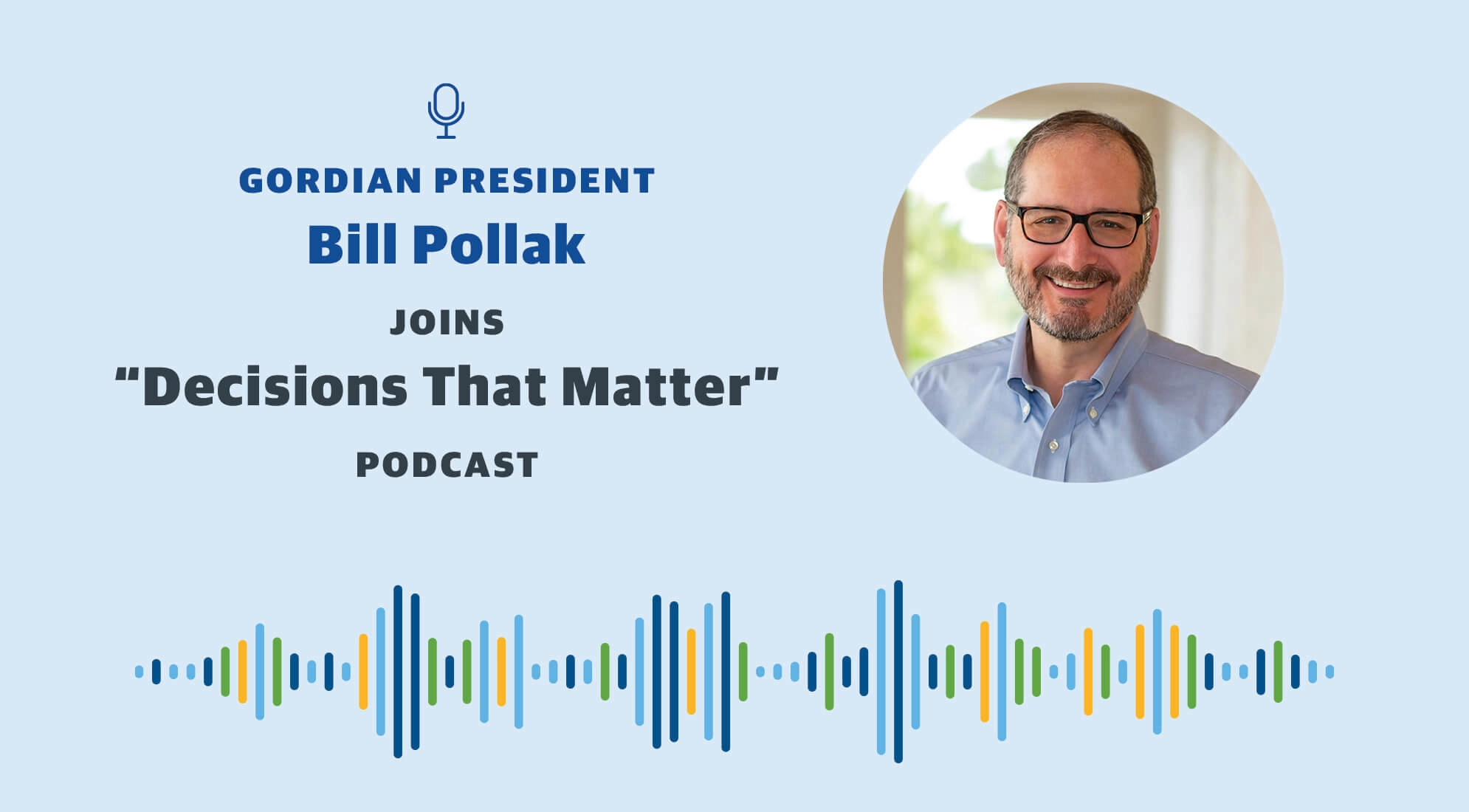Healthcare supply chain management, usually a background player in discussions about care, took center stage during the coronavirus pandemic. The subject was thrust into the spotlight by bleak news reports of hospitals and health systems running out of unoccupied patient beds. Stories about doctors, nurses and other clinicians re-using their dwindling supply of masks were, at their core, stories of an unexpected strain on the healthcare supply chain. In the early days of vaccination, television viewers across the U.S. were glued to their sets to watch semi-trucks leave distribution centers to deliver those first doses of hope. These images were healthcare supply chain triumphs.
Understanding Healthcare Supply Chain Management
Conceptually, the healthcare supply chain is no different from that of any other business. Manufacturers make products, distributors ship them to points of care where they are deployed for use or kept as inventory. Sounds simple enough, but because it’s the healthcare supply chain, there are more players and interested parties present than there are with a typical commercial enterprise. Regulatory bodies, insurance companies, group purchasing organizations and others have a stake in the quality and efficiency of the healthcare supply chain.
All of these groups, even those within the same organization, have their individual concerns and responsibilities. RevCycleIntelligence, a healthcare business website, sums it up like this:
Different stages in the supply chain flow may be focused on their own goal. Providers may want to use a specific product because they were trained with it, whereas hospital executives aim to purchase the most affordable quality items.
Since supply chain goals are not always aligned within an organization, the healthcare supply chain management process can be inefficient and fragmented. Healthcare organizations must take into account numerous requests and viewpoints to settle on specific product budgets.
Given all the interests in the healthcare supply chain, it is easy for inefficiencies to crop up. But these inefficiencies create opportunities for improvement.
The Future of Healthcare Supply Chain Management
Over a year after the coronavirus became a global crisis, hospitals and health systems are taking a fresh look at every aspect of their operations, from facilities design through patient care, so they may function more efficiently day-to-day and be better prepared for the next catastrophe. Healthcare supply chain management is under the microscope.
Brent Petty, executive industry consultant for healthcare at LexMark International, Inc. and former System Vice President, Supply Chain for Wellmont Health System (now Ballad Health) predicts experienced healthcare supply chain professionals will rise to prominence. He told the Journal of Healthcare Contracting to expect the tenured supply chain class to lead their teams into the future. Petty also anticipates a shift away from transactional relationships between suppliers and health systems in favor of more strategic partnerships and greater trust built through transparency. James Spann, Practice Leader of Supply Chain & Logistics at Simpler Healthcare, echoed these sentiments in an interview with RevCycleIntelligence, stressing the need to create synergy with suppliers and “maximize productivity out of clinical and supply chain staffers to maximize supply chain goals.”
Applying Healthcare Supply Change Management to Construction Spend
The healthcare industry’s emphasis on strategic partnerships and transparency goes beyond material suppliers of pens, blankets, computers, syringes and other products necessary for administering care. The supply chain discussion applies to service providers as well, including providers of construction services. Value-based construction methods such as Gordian’s Job Order Contracting (JOC) make it possible to apply the principles of healthcare supply chain management to construction spend.
Value-based construction fosters trusting, long-term relationships between hospitals and contractors because contractors bid on an Indefinite Quantity/Indefinite Delivery (IDIQ) contract, not individual jobs. This means they have the potential for a reliable stream of income, but there is no guarantee. Gordian JOC programs are performance-based, giving contractors plenty of reason to collaborate with project owners and do high-quality work.
Value-based construction methods also maximize pricing transparency with data-driven procurement. Here’s how. In traditional construction project delivery, project owners put individual projects out to bid and wait for contractor estimates to come to them. They ask the market for the price of construction work and those prices vary from contractor to contractor, often without insight into the pricing discrepancies.
Hear an industry expert discuss how healthcare facilities will adapt and evolve post-pandemic, and what healthcare leaders can do to assure the public that safe, effective locations for care in this on demand webinar.
Conversely, with value-based construction, project owners use an independently verified Unit Price Book (here at Gordian, we call our Unit Price Book a Construction Task Catalog®) full of local material, labor, equipment and productivity costs, and they require contractors to select line items out of that Unit Price Book to develop proposals. This data-driven construction procurement empowers owners to take the price of construction work to the market. Reliance on an accurate Unit Price Book creates cost transparency and gives healthcare project owners enhanced insights into, and control over, their construction spend. Further, with certain value-based construction solutions, including Gordian’s Job Order Contracting, an experienced representative reviews every Price Proposal before it reaches the owner to ensure it aligns with the project scope. Thus, all hospital stakeholders know exactly what they are paying for.
If the industry experts are right and the future of healthcare supply chain management tends toward price transparency and collaboration, then it follows that healthcare business leaders will expect the same from their construction service providers. Value-based construction makes that possible.







